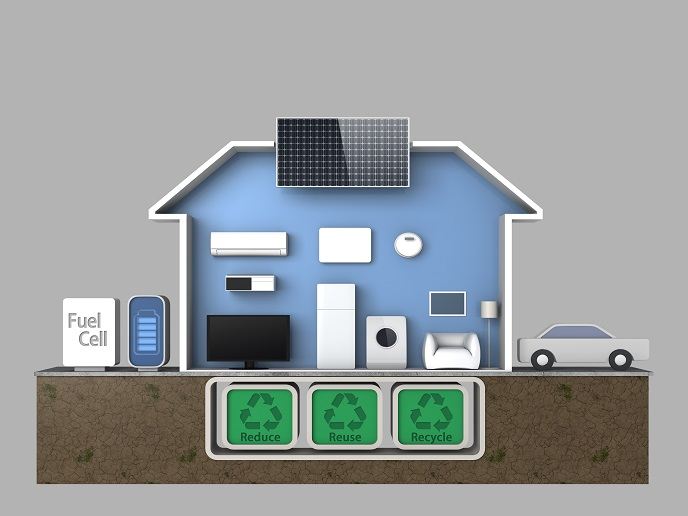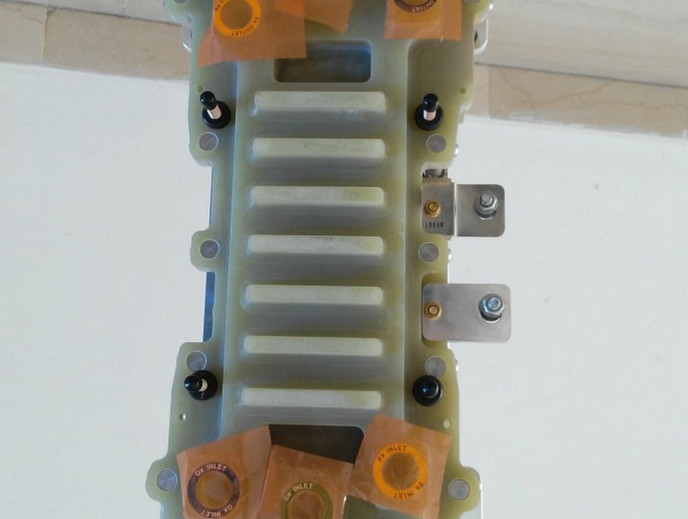New hybrid vehicles without batteries
Hybrid electric vehicles typically use a combustion engine as a primary energy source for cruising and a secondary electric power storage system for handling short-term energy demands such as those related to acceleration and braking. Batteries used for energy storage are typically heavy, expensive and maintenance intensive. On the other hand, supercapacitors are light weight, high power energy storage devices with long operational lifetimes. Recent efforts have focused on using supercapacitors together with batteries. Researchers working on the ‘Intelligent DC/DC converter for fuel cell road vehicles’ (Intellicon) project sought to eliminate the need for an energy storage battery entirely by employing a fuel cell power plant together with a supercapacitor. The former would provide continuous average (cruising) power via an ‘intelligent’ DC/DC converter while the latter would provide on-board energy storage and immediate power on demand for acceleration, braking and the like. Important design innovations included isolation of the fuel cell output from the main DC bus and traction system enabling independent optimisation of both and thus enhanced vehicle performance and energy efficiency. In addition, using an intelligent DC/DC converter could enhance safety and reliability by monitoring and responding to changes in levels of contaminants, hydrogen and air pressure and temperatures, among others. Furthermore, the device should stabilise supercapacitor voltage during acceleration and deceleration to maintain optimal power flow from the fuel cell. Finally, the Intellicon system should significantly reduce maintenance costs and weight (leading to reductions in fuel costs) while tremendously enhancing efficiency via proactive energy management and the operational life of the fuels cells via protection against variable loads. Although the concept was originally anticipated for vehicles used in materials handling, airports, factories and for consumers, it is expected to be advantageous in larger systems such as light rails as well.







